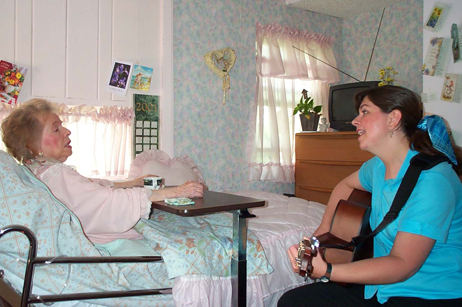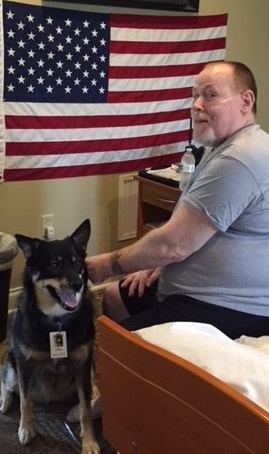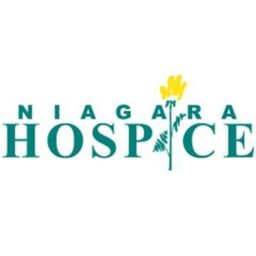Complementary Therapies
Music Therapy

In hospice settings, research has shown that music therapy interventions significantly increase quality of life and help bring focus on living to the patient, family and other caregivers. Music experiences are used to promote positive effects in several areas of life that are non-musical in nature, such as:
- Pain and discomfort
- Anxiety and depression
- Respiratory issues
- Family communication
- Coping issues
- Isolation and loneliness
- Feelings of loss
- Spirituality, bereavement and grief
Pet Visits
Niagara Hospice also offers pet visits by trained volunteers. In some patients, pet visits have been found to reduce blood pressure, increase mental alertness, reduce anxiety and increase attention skills. Some of the goals of pet visits are to improve interactions with others and reduce loneliness. It has been observed that pets have a comforting and often healing touch that no one else can duplicate.

